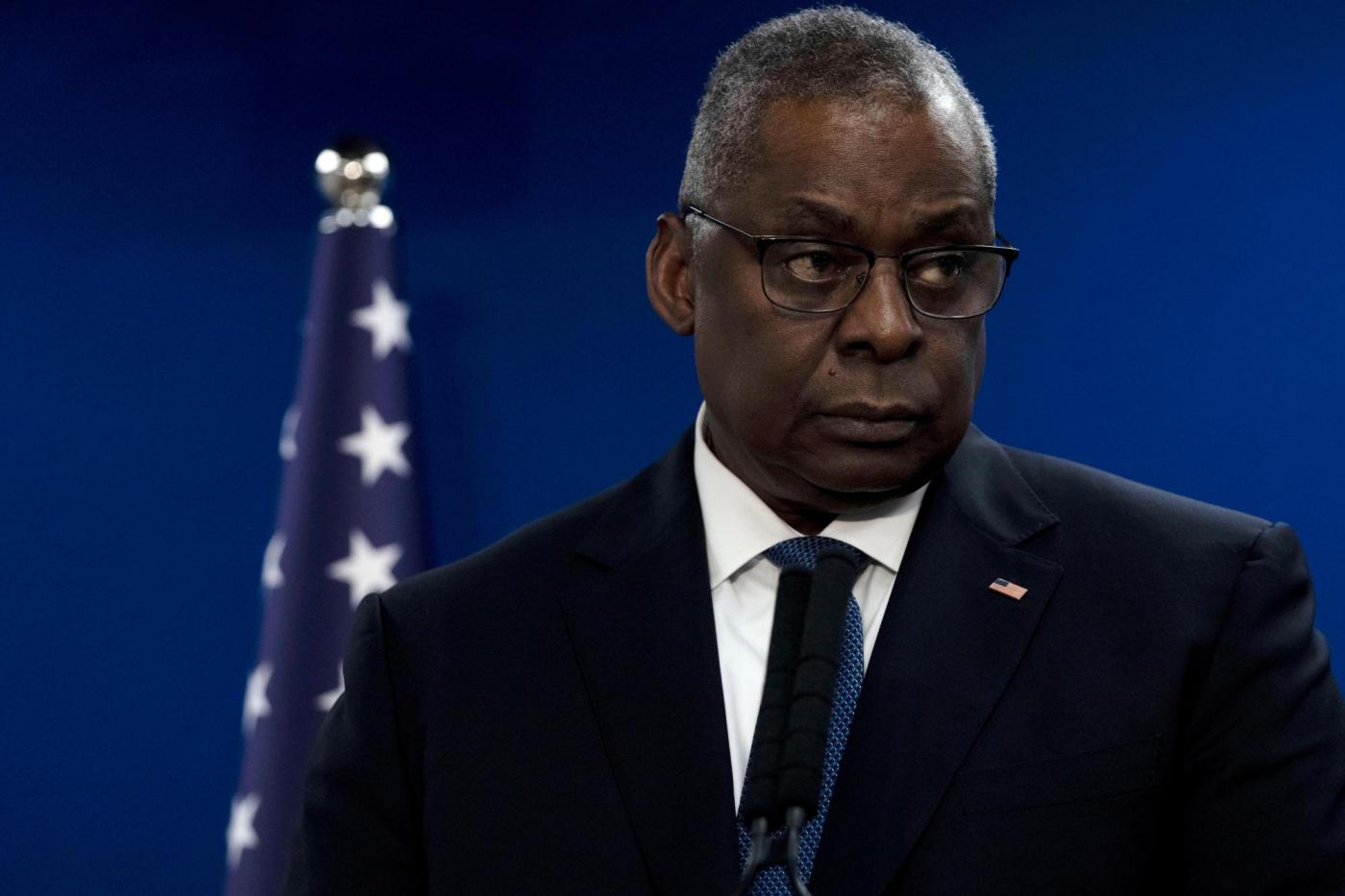
Lowry: AWOL Defense Secretary sends signal
Anyone following how weak and passive the U.S. has been in the face of provocations from our adversaries in the Middle East might conclude that the secretary of defense has gone missing.
And, at least for a few days last week, he literally was.
In an age when it’s nearly impossible to go off the grid, Secretary of Defense Lloyd Austin managed it. He failed to notify the White House and other key players that he was hospitalized in the intensive care unit. This, needless to say, is not an incidental detail about his life — like, say, that he routinely does his grocery shopping on Saturday afternoons, or is taking the Kansas City Chiefs and giving the points this weekend.
If the principal deputy assistant secretary for Fair Housing and Equal Opportunity went missing, presumably only her personal assistant would notice, and the country would be better for it.
The secretary of defense, in contrast, is a rather consequential position in the U.S. government. He is in charge of the largest and most important part of the executive branch and second in the chain of command only to the president of the United States. He is central to any number of scenarios crucial to U.S. national security, including the decision to launch a nuclear strike.
If a U.S. destroyer gets hit in the Red Sea, you don’t want U.S. commanders and high U.S. officials wondering where the SecDef is.
Walter Reed National Military Medical Center revealed that Austin was diagnosed with prostate cancer in early December and underwent a prostatectomy on Dec. 22, Fox News reported. Back home, he experienced severe pain and went back to the hospital on Jan. 1 and was put in intensive care.
Loose lips may sink ships, but spectacularly dysfunctional lack of communication at the top of the U.S. government is its own problem.
We are obviously not living through an era of great bipartisanship, so it was notable that the Austin absence resulted in a joint statement from the Republican chairman and the Democratic ranking member of the House Armed Services Committee pointedly asking for more information about the days in question.
The White House, naturally, immediately made clear its “complete trust and confidence in Secretary Austin.”
In fairness, once someone has presided over the pullout of Afghanistan without getting fired, it’s hard to cashier him for anything short of losing some other county in humiliating fashion.
This fiasco could simply be Austin’s own unbelievable personal lapse. But it’s hard not to see the controversy in the context of an administration that, when it comes to national security, cares as much about fashionable ideological fixations — from DEI to the climate — than the essentials involved in maintaining a highly capable war-fighting machine.
We’ve conducted a real-time experiment regarding Biden foreign policy. With a war on in Gaza and Iranian proxies attacking U.S. interests throughout the Middle East, the secretary of defense disappeared, and it didn’t matter.
Rich Lowry is editor in chief of the National Review


